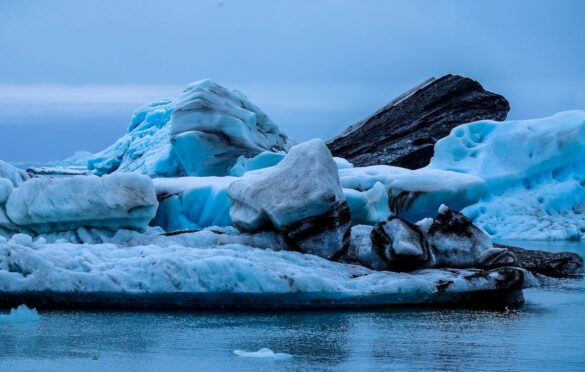Marine protected areas may help to combat climate change
A comprehensive literature review of more than 20,000 publications analyzing hundreds of marine protected areas concluded that marine conservation could help to sequester carbon and encourage ecological and social adaptation to climate change.
Partnership supports next generation of ocean guardians
https://www.miragenews.com/partnership-supports-next-generation-of-ocean-881472/
Three masters-level students from the University of Plymouth are pursuing their passions for the marine environment with support from UK law firm Ashfords LLP.
‘Fishless Fish’: The next big trend in the seafood industry
https://www.theguardian.com/environment/2022/oct/22/lab-grown-fish-cell-seafood-bluenalu-wildtype
Cultivation starts by taking a small sample from a living fish species. Cells then multiply as they would in nature in the large vessels and eventually become fatty and lean parts of a fish filet.
Innovative incubator to jumpstart efforts to control harmful algal blooms
https://www.eurekalert.org/news-releases/968971
The University of Maryland Center for Environmental Sciences(UMCES) has been awarded a $7.5 million grant from the National Oceanographic and Atmospheric Administration (NOAA) to lead an innovative US Harmful Algal Bloom Control Technology Incubator (US HAB-CTI).
Emperor penguins granted protections under Endangered Species Act
https://phys.org/news/2022-10-emperor-penguins-granted-endangered-species.html
Today, the U.S. Fish and Wildlife Service (USFWS) announced that emperor penguins have been listed as a threatened species under the Endangered Species Act (ESA) based on evidence that the animal’s sea ice habitat is shrinking and is likely to continue to do so over the next several decades.

